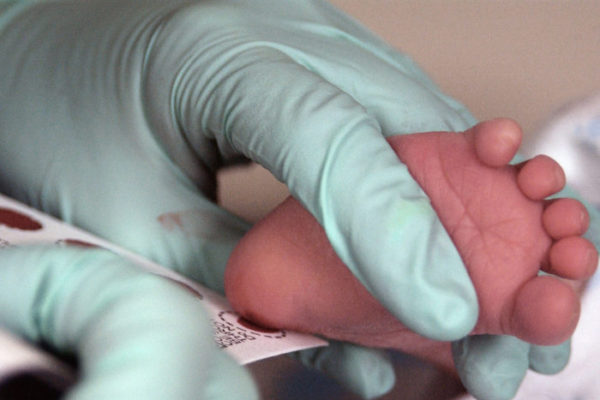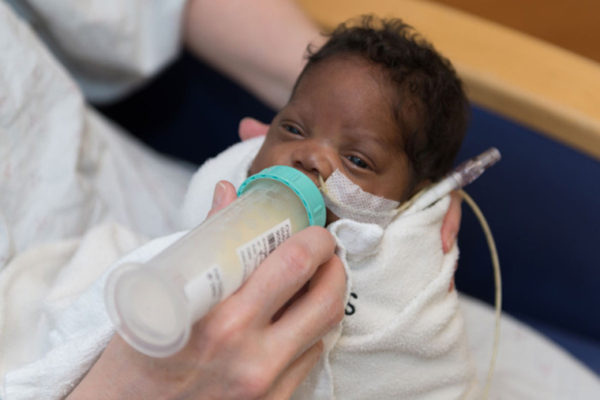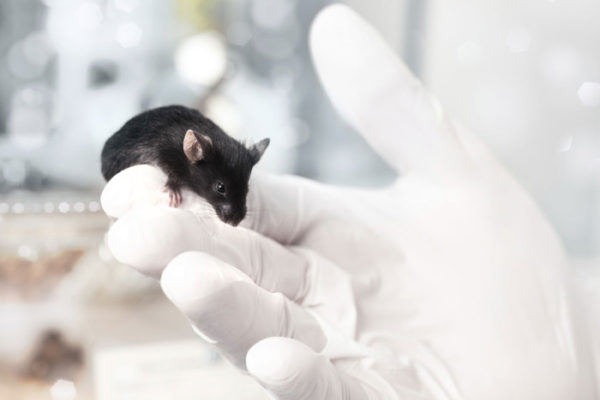Making everyday decisions
Researchers at Washington University School of Medicine in St. Louis have found that some neurons in the orbitofrontal cortex assign value to options in everyday decision-making. The area’s neurons then can re-map to make different decisions when circumstances change.
Popular heartburn drugs may cause serious kidney damage
Extended use of drugs to treat heartburn, ulcers and acid reflux may lead to serious kidney damage, including kidney failure, according to a study by researchers at Washington University School of Medicine in St. Louis and Veterans Affairs St. Louis Health Care System.
High-fructose diet during pregnancy may harm placenta, restrict fetal growth
Consuming a high-fructose diet during pregnancy may cause defects in the placenta and restrict fetal growth, potentially increasing a baby’s risk for metabolic health problems later in life, according to research in mice and people by a team at Washington University School of Medicine in St. Louis.
Newborn screening test developed for rare, deadly neurological disorder
A study led by Washington University School of Medicine in St. Louis describes a newborn screening test that identifies infants with Niemann-Pick type C, an often fatal condition in which cholesterol builds up and eventually destroys brain cells. Early detection may save lives and improve prospects for managing the disease.
Pre-med students gain an international perspective
When pre-med students head to China to attend classes at Fudan University and shadow doctors at different medical clinics, they gain a new perspective on medicine.
Breast milk linked to significant early brain growth in preemies
Feeding premature babies mostly breast milk during the first month of life appears to spur more robust brain growth, compared with babies given little or no breast milk, finds researchers from Washington University School of Medicine in St. Louis.
Doctors recommend prescribing fewer opioids after surgery
Bolstering new federal guidelines that advise primary care doctors to carefully weigh the prescribing of opioid painkillers, two experts at Washington University School of Medicine in St. Louis are recommending that surgeons also consider cutting back on the number of take-home opioid pills prescribed to patients after surgery.
The good thing that happens with graduated license laws
State laws designed to help teens gradually ease into full driving privileges may have an unintended effect: lowering rates of teen alcohol consumption and binge drinking, according to new research at Washington University School of Medicine in St. Louis.
Nurturing during preschool years boosts child’s brain growth
Children whose mothers were nurturing during the preschool years, as opposed to later in childhood, have more robust growth in brain structures associated with learning, memory and stress response than children with less supportive moms, according to new research at Washington University.
Exposure to routine viruses makes mice better test subjects
Vaccines and therapeutics developed using mice often don’t work as expected in humans. New research at Washington University School of Medicine in St. Louis points to the near-sterile surroundings of laboratory mice as a key reason.
Older Stories









